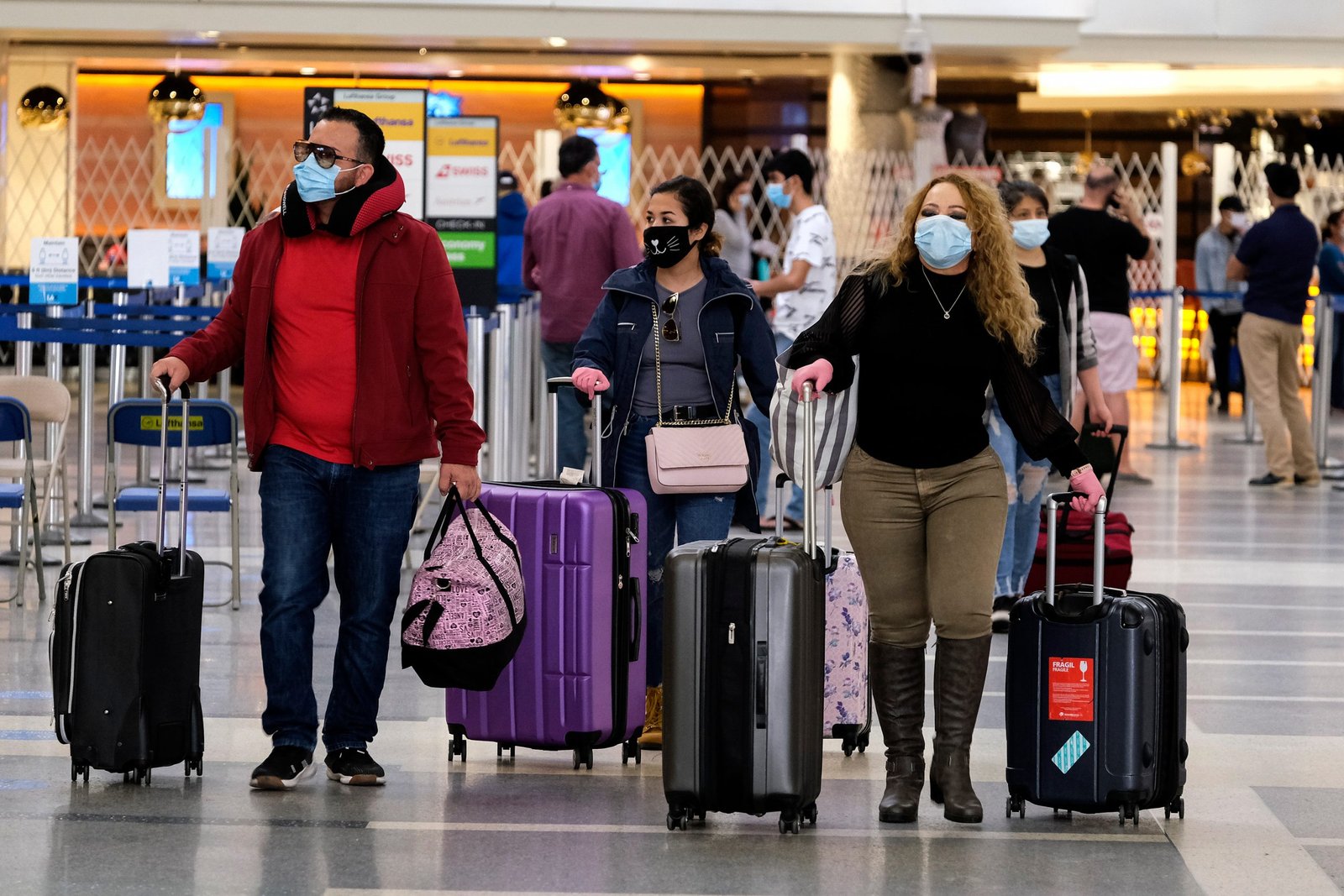

I was just at the hospital just every day. The most important thing for relatives and close friends had been being with the patient and many had spent all day, every day, at the patient's bedside, uncertain of the outcome in the early stages. Usually, only two visitors are allowed at the bedside at any one time so that the presence of visitors doesn't get in the way of patient care. Others have restricted visiting, where the ICU is closed to visitors at specific times during the day and at night. Some ICUs close for a couple of hours in the afternoon. In the UK many have 'open visiting', so visitors can spend as much time as they want with the patient.

ICUs vary in terms of their visiting policies. Everyone is different and experiences ranged from those who spent all day, every day, at the ICU to those who needed to balance hospital life with a sense of normality. Here men and women talk about their daily routines when their relative, partner or close friend was critically ill in intensive care. The ICU, an unfamiliar, alien environment, often becomes the centre of peoples' lives as they wait desperately for any signs of change or progress. The everyday lives of family and close friends may come to an abrupt halt or be turned upside down as they live in the uncertainty of not knowing whether the patient will survive. Because critical illness is often a sudden, unexpected emergency, it can change the lives of both the patient and their loved ones in a matter of minutes.

Patients stay in ICU for varying lengths of time, depending on the nature of the illness, and during much of this time they may be sedated or unconscious. People are admitted to an intensive care unit (ICU) because their illness or injuries may be life-threatening and they need intense support while they are being treated, constant monitoring and nursing care that cannot be performed on general wards. Intensive care: Experiences of family & friends Suspending normal routines: visiting ICU every day Attitudes to life after the hospital experience.Supporting and caring for the ill person at home.Receiving information and news from doctors.Relationships within and between families.Emotional impact on relatives & friends in ICU.Suspending normal routines: visiting ICU every day.Seeing the patient in ICU for the first time.Intensive care: Experiences of family & friends


 0 kommentar(er)
0 kommentar(er)
